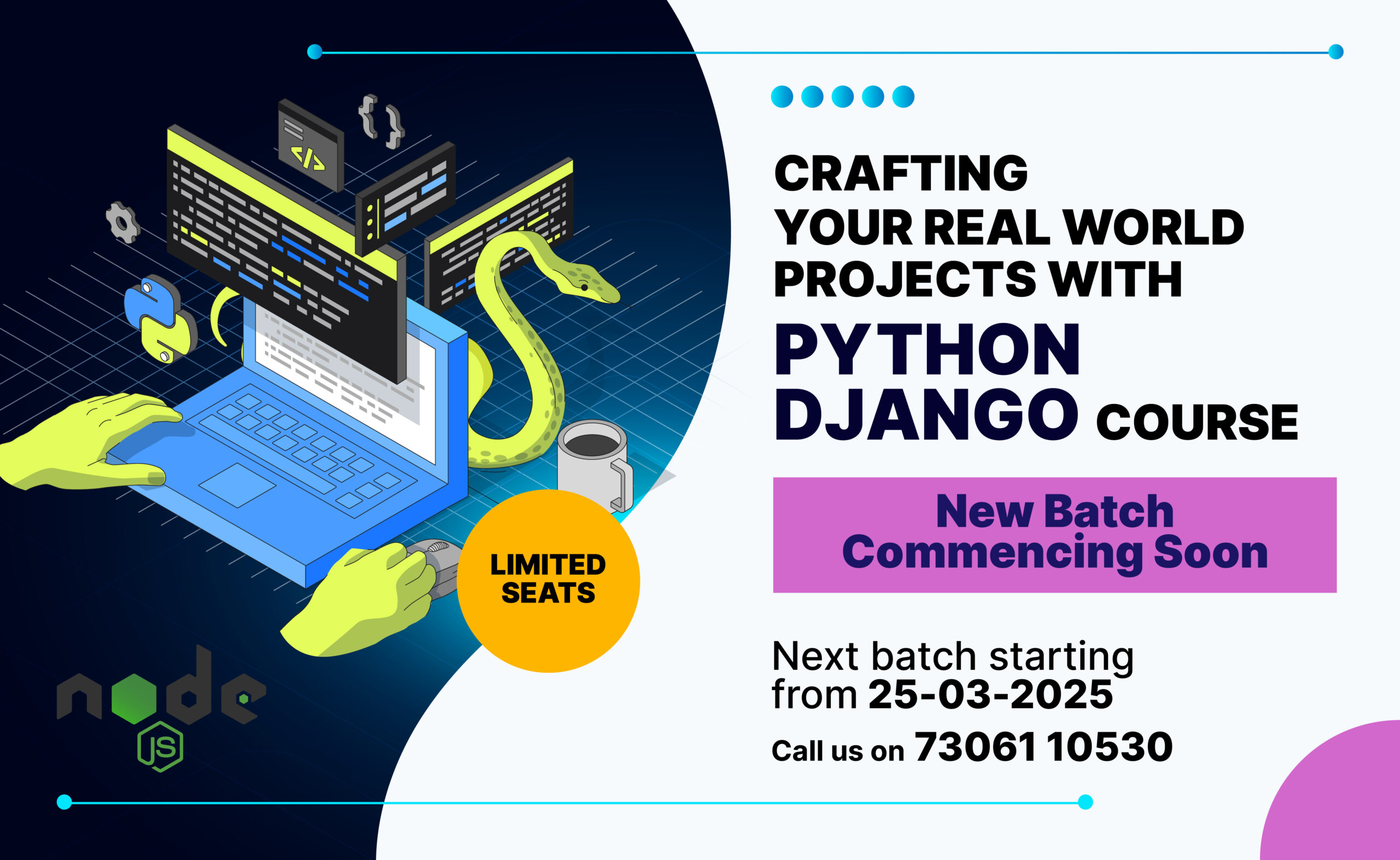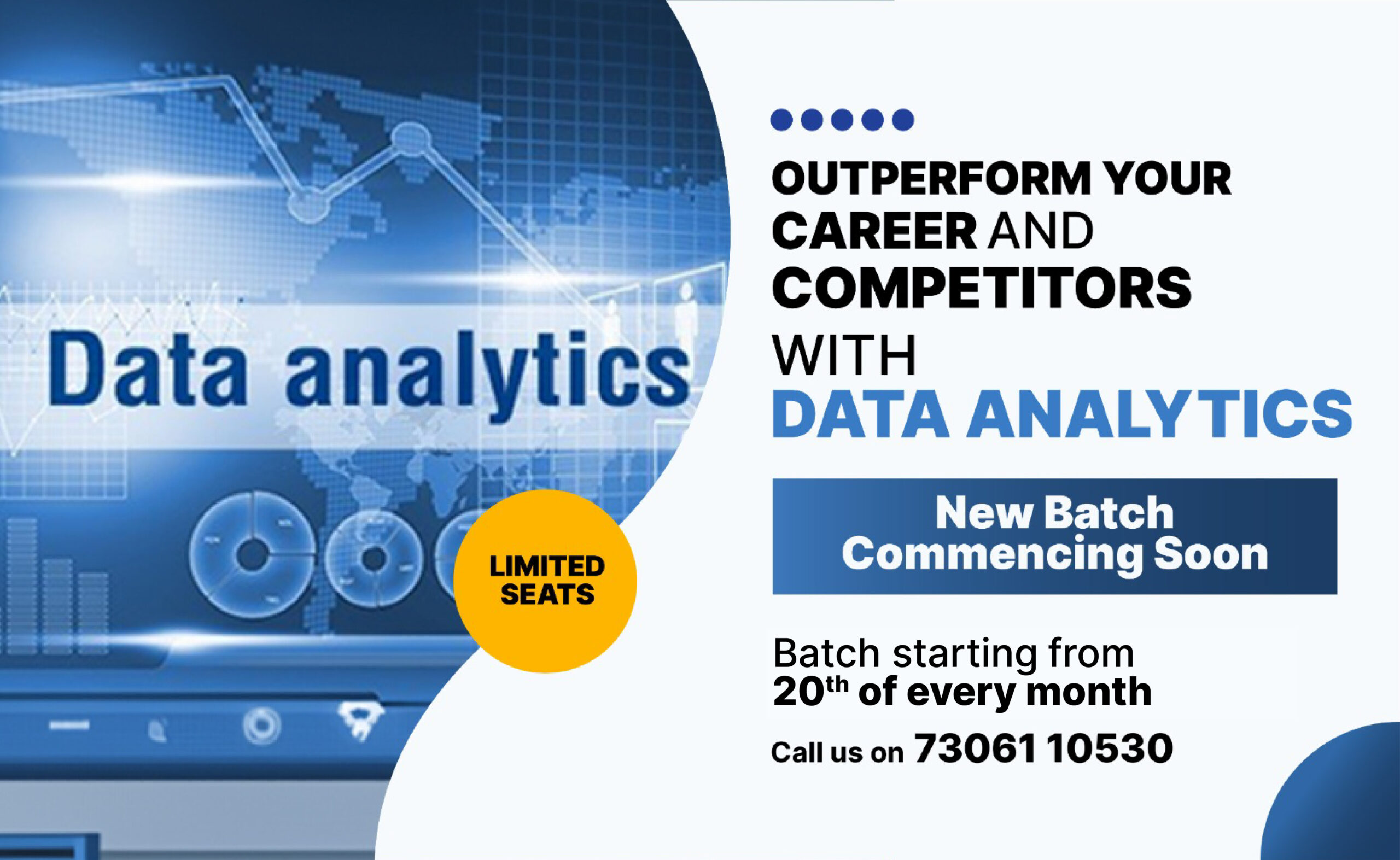In the multidisciplinary discipline of data science, knowledge and insights are derived from data. It has evolved into a crucial tool for organisations to make informed decisions and obtain a competitive advantage. With the growing demand for data scientists, there is a need for tools that can help them work efficiently. One such tool is .NET, a framework developed by Microsoft, a platform for developing applications.
What is .NET?
.NET is a free, open-source framework that supports multiple programming languages such as C#, F#, and Visual Basic. It provides a platform for building applications that run on different operating systems such as Windows, Linux, and macOS. .NET is widely used for developing web applications, desktop applications, and games. It also provides libraries and tools for data science.
How can .NET be used for Data Science?
.NET provides several libraries and tools that can be used for data science. One such library is ML.NET, an open-source machine-learning library developed by Microsoft. It provides several classifications, regression, clustering, and anomaly detection algorithms. ML.NET can be used for sentiment analysis, fraud detection, and recommendation systems.
Another library provided by .NET is Math.NET Numerics, a library for numerical computing. It provides several functions for linear algebra, statistics, and optimisation. Math.NET Numerics can be used for data preprocessing, feature engineering, and model evaluation tasks.
Benefits of using .NET for Data Science
One of the main benefits of using .NET for data science is its interoperability with other languages and tools. .NET can be used with Python libraries such as NumPy, Pandas, and Scikit-learn. This allows data scientists to leverage the power of both .NET and Python for their projects.
Easy to Learn and Use
One of the biggest advantages of using .NET for data science is its ease of use. The framework is designed to be easy to learn and use, even for those new to programming. This is achieved through a simple and intuitive syntax, as well as a large community of developers available to provide support and guidance.
Efficient Data Processing
One of the main benefits of using .NET for data science is its efficient data processing capabilities. The framework is designed to handle large amounts of data quickly and efficiently, making it an ideal choice for data scientists who need to process large datasets. This efficiency is achieved through optimised algorithms and data structures, which allow .NET to process data more quickly than other frameworks.
Integration with Other Microsoft Tools
Another benefit of using .NET for data science is its integration with other Microsoft tools. For example, data scientists can use .NET to build applications that integrate with Microsoft Excel, allowing them to import and export data between the two applications easily. Additionally, .NET can be used to build applications that integrate with Microsoft SQL Server, providing data scientists with a powerful tool for managing and analysing large datasets.
Wrapping Up
In conclusion, .NET is a powerful framework that can be used for data science. It provides several libraries and tools that can help data scientists work efficiently. With its interoperability with other languages, tools, and performance, .NET is a great choice for data science projects.
Its efficient data processing capabilities, integration with other Microsoft tools, and ease of use make it an ideal choice for those who need to process and analyse large amounts of data. Whether you are a seasoned data scientist or just starting, .NET is worth considering as a tool for your next project.
A good prior understanding of analytical tools like SQL, Tableau, or Excel can help students from non-technical backgrounds launch a career in data science. Start your career in data science with Techmindz if you lack programming skills but have a solid grasp of ideas like logical programming, functions, and loops.














0 Comments